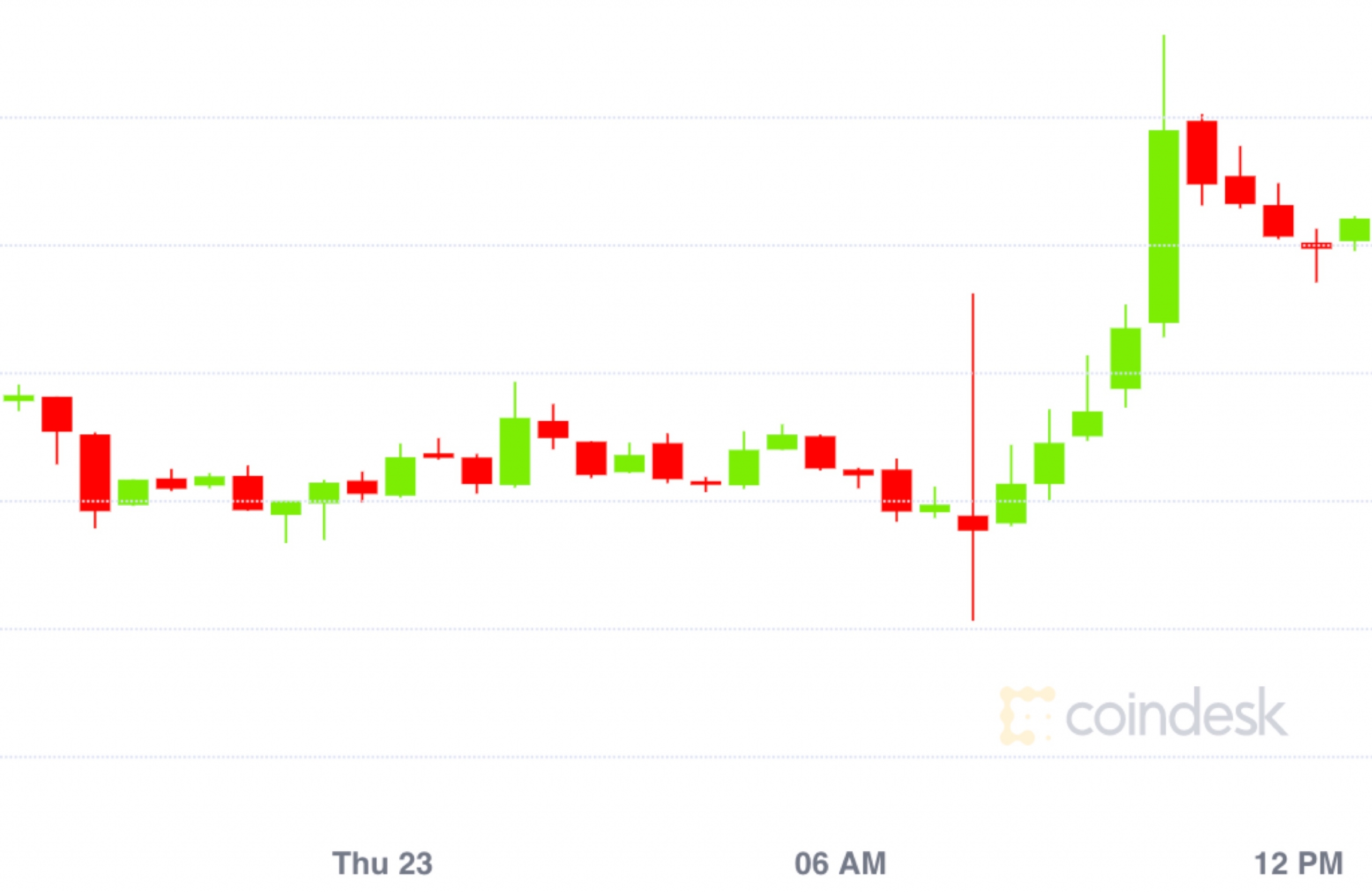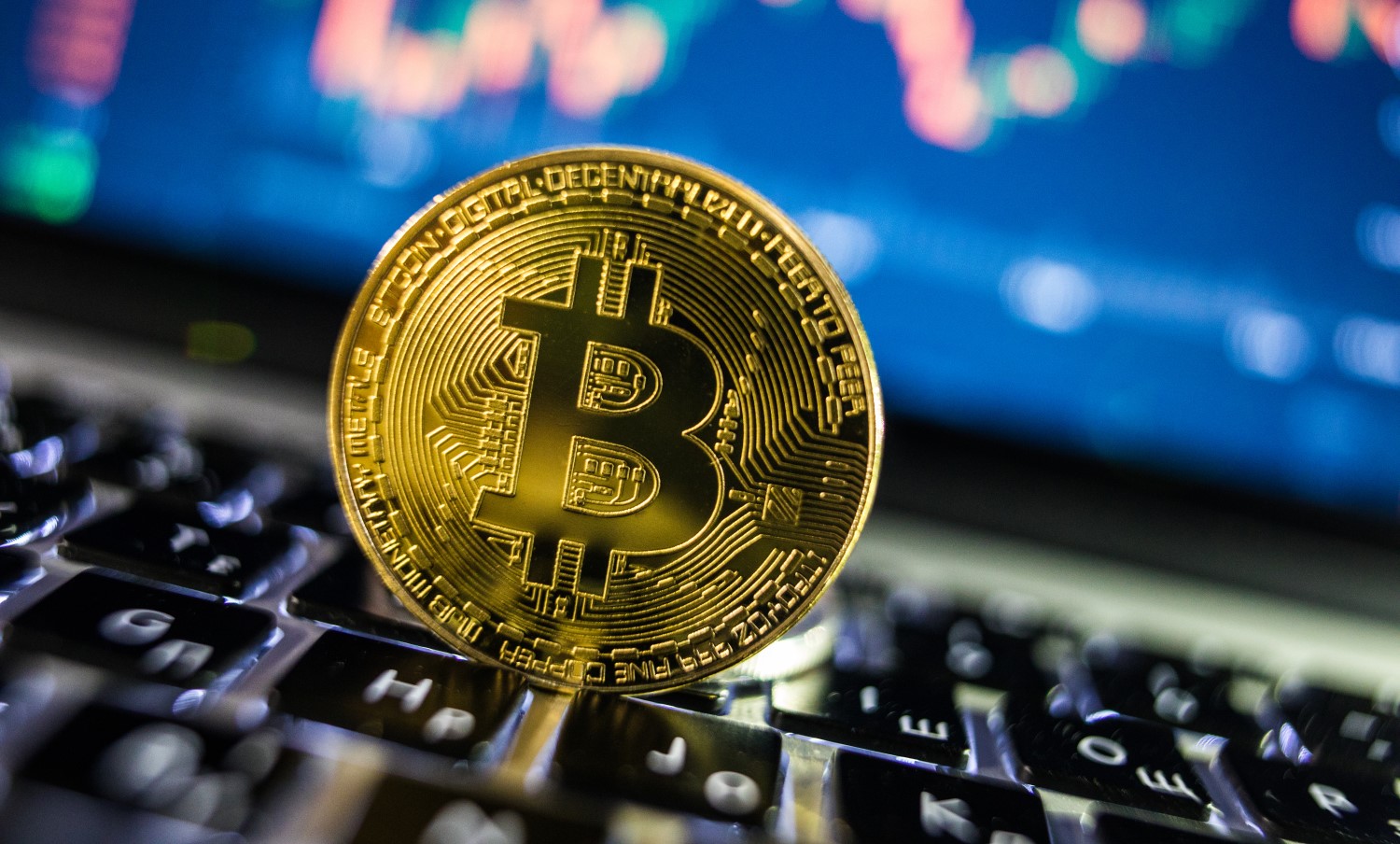Tokenization and the Future of Crypto
Join the most important conversation in crypto and Web3 taking place in Austin, Texas, April 26-28.
:format(jpg)/www.coindesk.com/resizer/Z2bBUPCqffB1j1Mwwh9G3wxkw8A=/arc-photo-coindesk/arc2-prod/public/SCY3M622NBCBPLFGLPWVGTSDI4.png)
Join the most important conversation in crypto and Web3 taking place in Austin, Texas, April 26-28.
To state the obvious, 2022 was a challenging year for cryptocurrencies. However, in 2023 major structural benefits – such as traditional finance (TradFi) companies still entering the space – are emerging that may support digital assets for years. That extends beyond just crypto’s prospects as an investable asset. Blockchain technology continues to tantalize with features like better security, decentralization, immutability and more. That’s especially clear when it comes to tokenization, or the process of bringing financial and real-world assets onto a blockchain in the form of tokens. And understanding tokenization is key to grasping the long-term investment case for crypto assets.
Despite the crypto bear market, there are signs of life in security tokens. One notable offering was KKR tokenizing part of its Health Care Strategic Growth Fund II (HCSG II) in conjunction with a company called Securitize. But the field is nascent and has a total market cap of only around $90 billion, with $20 billion of that in the secondary market. This is a pittance compared to the hundreds of trillions of dollars stashed globally in real estate and equities.
Tokenized securities have so much room to grow because tokenization creates new on-chain markets for a wide range of nontraditional asset classes. For example, tokens can help create blockchain-based loyalty programs that reward owners with perks for making a certain amount or frequency of purchases. Likewise, membership non-fungible tokens (NFT) can offer rewards such as exclusive features including private events, loyalty perks or early access to new releases. Starbucks, for instance, recently began beta testing Odyssey, a rewards program through which customers can earn NFTs on the Polygon blockchain.
Gaming also has enormous promise. Through a game-and-earn model, tokenization lets players be rewarded with more games and exclusive in-game content. The video game industry generated something like $200 billion in revenue last year, with only about 3% of that tied to game-and-earn. An expansion would be a huge coup for blockchain adoption. Because of this potential, video game projects raised 50% more in venture capital in the first half of 2022 than they did in all of 2021.
It is becoming clear that tokenization has the potential to bring value and liquidity to assets that were previously nontradable. Despite tailwinds in 2022, the creation of on-chain marketplaces for these assets is continuing apace and should support the growth of crypto assets worldwide and the long-term bull case for digital assets broadly.
Learn more about Consensus 2023, CoinDesk’s longest-running and most influential event that brings together all sides of crypto, blockchain and Web3. Head to consensus.coindesk.com to register and buy your pass now.
DISCLOSURE
Please note that our
privacy policy,
terms of use,
cookies,
and
do not sell my personal information
has been updated
.
The leader in news and information on cryptocurrency, digital assets and the future of money, CoinDesk is a media outlet that strives for the highest journalistic standards and abides by a
strict set of editorial policies.
CoinDesk is an independent operating subsidiary of
Digital Currency Group,
which invests in
cryptocurrencies
and blockchain
startups.
As part of their compensation, certain CoinDesk employees, including editorial employees, may receive exposure to DCG equity in the form of
stock appreciation rights,
which vest over a multi-year period. CoinDesk journalists are not allowed to purchase stock outright in DCG
.
:format(jpg)/www.coindesk.com/resizer/Z2bBUPCqffB1j1Mwwh9G3wxkw8A=/arc-photo-coindesk/arc2-prod/public/SCY3M622NBCBPLFGLPWVGTSDI4.png)









